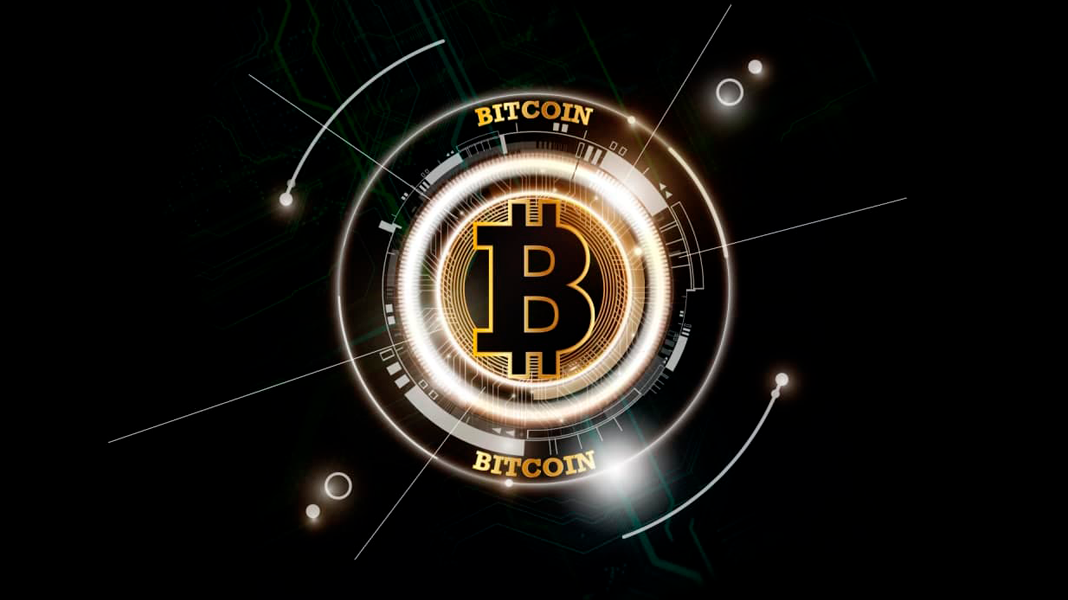The bank’s chief also mentioned that the apex bank was making considerable progress with its central bank digital currency (CBDC) project.
A top executive of South Korea financial regulator Lee Ju-yeol, who is the governor of South Korea’s bank, has said that crypto like Bitcoin has no intrinsic value. He made this statement during a briefing of the country’s National Assembly Finance Committee.According to South Korea’s bank governor, the reason for the current price surge of crypto, including Bitcoin, is difficult to explain, while adding that the asset will continue to witness price volatility because of its lack of an “intrinsic value.” However, he noted that the possible reason for the increased price spike could be tied to the increasing concern about inflation and also the growing institutional interest in the crypto space.He went on to specifically mention Tesla’s recent purchase of $1.5 billion worth of BTC as another reason why the value of the coin has continued to climb. In Lee’s words, “institutional investors’ assessment of using Bitcoin as a hedge could be interpreted as another factor.”Institutional interest in the crypto industry has played a part in helping Bitcoin’s market cap hit $1 trillion and its value to reach as high as $58,000 before witnessing a sharp decline that saw its value drop below $48,000. The massive price decline of this nature is one of the sticks that is always being used to beat the crypto industry.
However, many of these investors still see BTC and other crypto assets as a viable store of value that could be used to hedge against inflation despite its legendary volatility.The bank’s chief also mentioned that the apex bank was making considerable progress with its central bank digital currency (CBDC) project. According to Lee, the bank has almost completed its review of designs and also technologies that the CBDC project could run on.We reported that South Korea has moved to bring forward its crypto tax regulation to 2022 which means profits gained from crypto transactions from then on would face a 20% tax regime in the Asian country.








